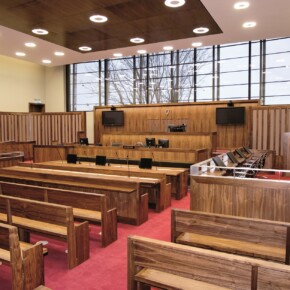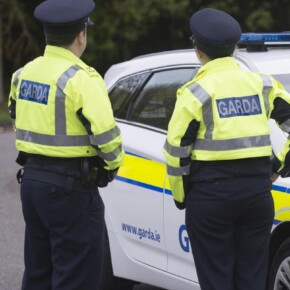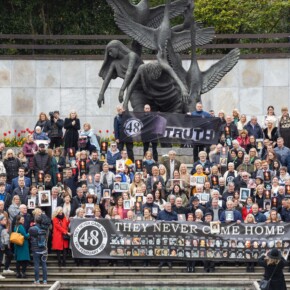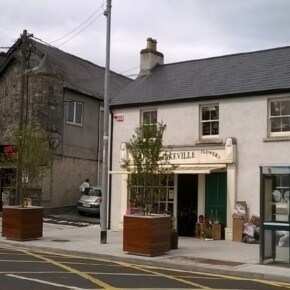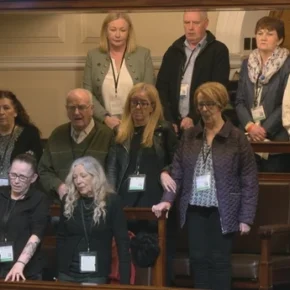Keegan confident council will deliver 895 new social homes this year
Gary Ibbotson 21 Oct 2022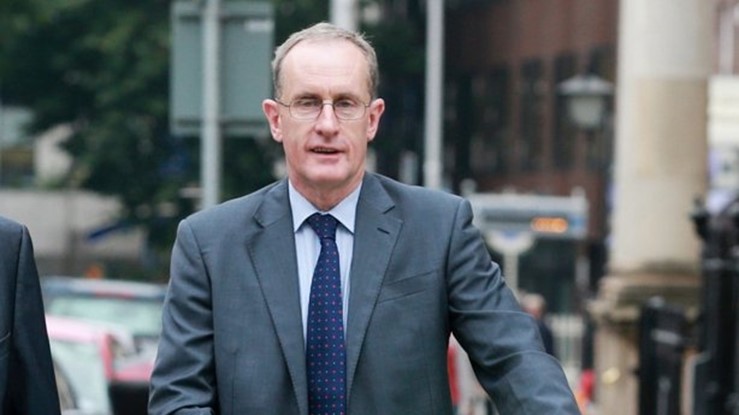
Dublin City Council is “confident” it will meet its target of delivering 895 new build units this year, chief executive Owen Keegan has said.
Last week, Keegan spoke before the Joint Oireachtas Committee on Housing to discuss the implementation of the Housing for All plan.
Representatives from Dublin City Council and Dun Laoghaire-Rathdown County Council were present at the meeting.
Keegan told the committee that DCC has a “strong pipeline” for delivering over 15,000 social, cost rental and affordable homes over the coming years.
“In 2022, we are confident of meeting our delivery target of 895 new build units,” Keegan said.
The council has “diversified” how it intends on meeting its targets which include “direct build, public private partnerships, the Housing Land Initiative, Competitive Dialogue, partnerships with Approved Housing Bodies and the Land Development Agency, turnkey acquisitions and Part Vs”.
“The environment for new housing delivery, both public and private, is difficult at present,” he says.
“The main issues are access to labour, construction inflation, global supply chain issues and in respect of the housing market affordability and restricted access to construction capital.”
Keegan also addresses the problem of vacant and derelict properties in the city.
According to the latest CSO figures, as recorded in the census this year, 166,752 properties were recorded as vacant in the state – a fall of nine percent on 2016 numbers.
The CSO says that the categories for vacancy were broad and not indicative of long-term vacancy.
Overall, 35,000 vacant homes were vacant because they were up for rent, while the property owners of 27,000 dwellings had passed away, and a further 23,000 were under renovation.
Keegan said that he “fully recognised that vacant/derelict properties are a source of great frustration to everybody who sees them”.
“It is important to recognise that every derelict home is vacant but not every vacant home is derelict,” he said.
“There is significant confusion in people’s minds between legislation dealing with vacant sites and derelict sites and the powers local authorities have to deal with vacant housing units that are neither derelict nor a site.
“Dealing with vacant/derelict housing units must be seen as a social intervention rather than a purely economic intervention.”
Keegan added that “there are significant complexities and costs in acquiring and redeveloping these housing units”.
The Housing Committee heard that the use of vacant commercial and retail units for housing is being currently being investigated by Dublin City Council.
The local authority has also identified approximately 650 vacant homes with potential for redevelopment, of which 48 have been redeveloped and returned to use to date.


